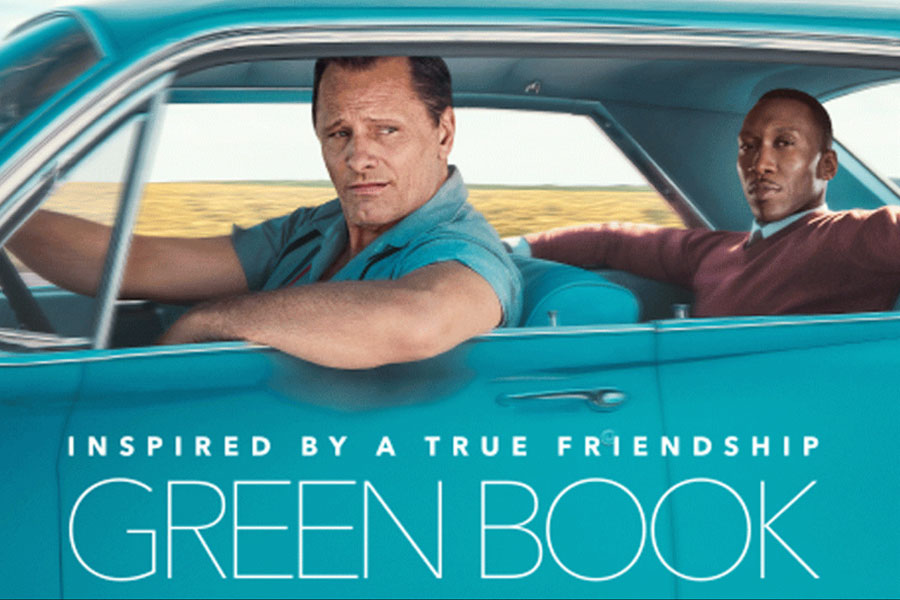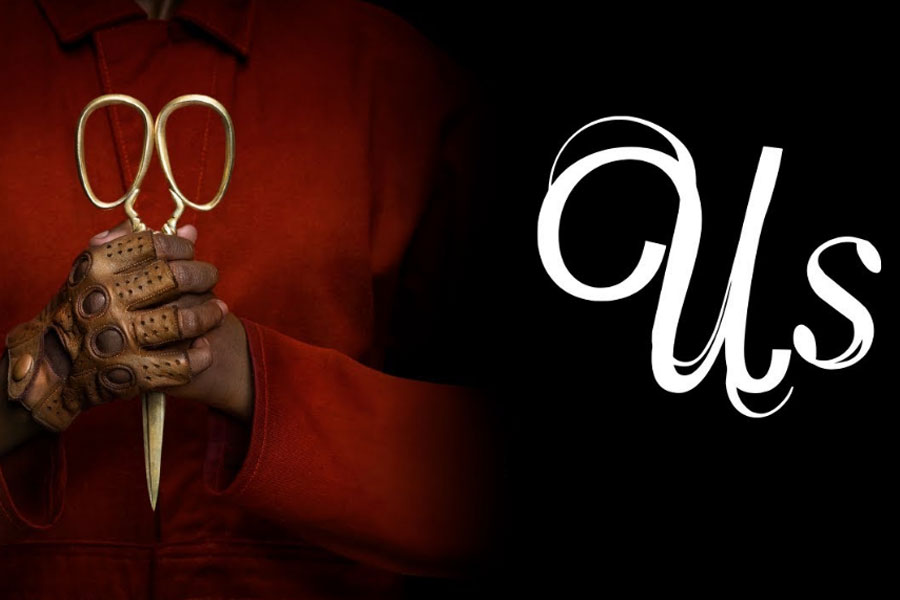
View From Arada | Jul 31,2021
Films inspired by real-life events are all the buzz now in Hollywood. It will not be long before they become confused with complex character studies. It is yet another marketing scheme at driving audiences into movie theatres. Either arouse the public interest by getting them to marvel at buildings and cars that blow up or the true story of a 19th-century frontiersman that gets mauled by a bear or an undercover African-American that infiltrates the Ku Klux Klan.
But some adaptations from real life, the most direct example of art imitating life, are not a mere attempt by a studio that also wants to be taken seriously. They are at times inspired.
The best example of this dichotomy is the two Steve Jobs movies. The 2013 Jobs, which starred Ashton Kutcher, was a poor attempt at replicating the success of The Social Network. Danny Boyle’s Steve Jobs in 2015 was a study of ambition and genius and how those ties become a burden on one’s family members and friends. Can You Ever Forgive Me? is more like the cinematic adaptation of the life of the late Apple CEO.
It stars Melissa McCarthy in one of her rare dramatic appearances as Lee Israel, an irritable, alcoholic, poor author with writer’s block that begins forging letters by literary legends to pay her bills. The film is as grouchy as Israel but it is also acerbically funny.
“I just had the strong urge to trip you,” she tells her closest friend who is dying of AIDS as he limps away on crutches.
It is not a movie for everyone. Some may not understand why she is the way she is, why a writer that once had a book in the New York Time Best Sellers’ list can get to the point where she could not afford to pay her rent. It is a story of aspirations, moods, tempers and guilty pleasures that do not explain themselves but expect the audience to recognise them.
Israel gets into the forgery business not merely because of her financial condition but as a result of circumstances that she comes to identify with. It is while selling a correspondence letter by Fanny Brice, which she did not forge, that she first comes up with the idea. She gets a low price for the letter, because it does not have anything sensational in it, a gap that can be filled by a woman of her literary knowledge.
It is not merely a matter of jotting down some perplexing or witty sentences but doing it with detail and nuance that admirers of the very literary legends she is imitating will not even notice.
This is no ordinary fraud, and Israel knows it. A biographer up to that point, she never took herself as a serious writer, and the forgeries, however criminal, were a vindication that she had talent. It may be counterfeiting, but there should be some pride in being able to imitate Noel Coward - one of the greatest playwrights to have ever lived, not to mention a brave person for keeping that last name - and almost get away with it.
Just as interesting about the movie is the relationship she has with a new drinking buddy, Jack (Richard E. Grant), who becomes a close friend.
He shares many of her guilty pleasures, but she puts him down and treats him with contempt. He keeps sticking around, mostly because he has hit rock bottom and has nowhere to go.
He is like the cat she keeps in her house, which she feels superior to. He is a worse social pariah, owing to his sexual orientation, and has less money than her. To boot, he is not well read.
The movie would have gone to pieces, despite the interesting story it has, if it was not for the wonderful work of McCarthy and Grant, the latter of whom does succeed in stealing the show through sheer effortless class.
But McCarthy too holds her ground in performance even Israel herself would have found a persuasive imitation of a person that likes “cats more than people.”
PUBLISHED ON
Feb 02,2019 [ VOL
19 , NO
979]

View From Arada | Jul 31,2021

Films Review | Feb 09,2019

Films Review | Jul 10,2020

Films Review | Jan 05,2019

Films Review | Oct 31,2020

Sunday with Eden | Sep 24,2022

Films Review | May 04,2019

Films Review | Mar 30,2019

Photo Gallery | 176382 Views | May 06,2019

Photo Gallery | 166596 Views | Apr 26,2019

Photo Gallery | 157100 Views | Oct 06,2021

My Opinion | 136906 Views | Aug 14,2021

Oct 18 , 2025
The political establishment, notably the ruling party and its top brass, has become p...

Oct 11 , 2025
Ladislas Farago, a roving Associated Press (AP) correspondent, arrived in Ethiopia in...

Oct 4 , 2025
Eyob Tekalegn (PhD) had been in the Governor's chair for only weeks when, on Septembe...

Sep 27 , 2025
Four years into an experiment with “shock therapy” in education, the national moo...

Oct 18 , 2025 . By NAHOM AYELE
In a sweeping reform that upends nearly a decade of uniform health insurance contribu...

A bill that could transform the nutritional state sits in a limbo, even as the countr...

Oct 18 , 2025 . By SURAFEL MULUGETA
A long-planned directive to curb carbon emissions from fossil-fuel-powered vehicles h...

Oct 18 , 2025 . By BEZAWIT HULUAGER
Transaction advisors working with companies that hold over a quarter of a billion Bir...